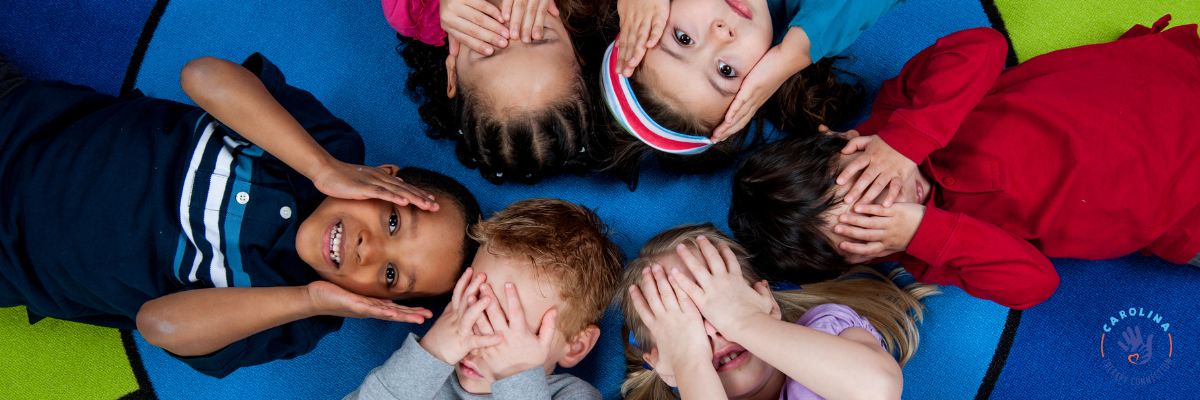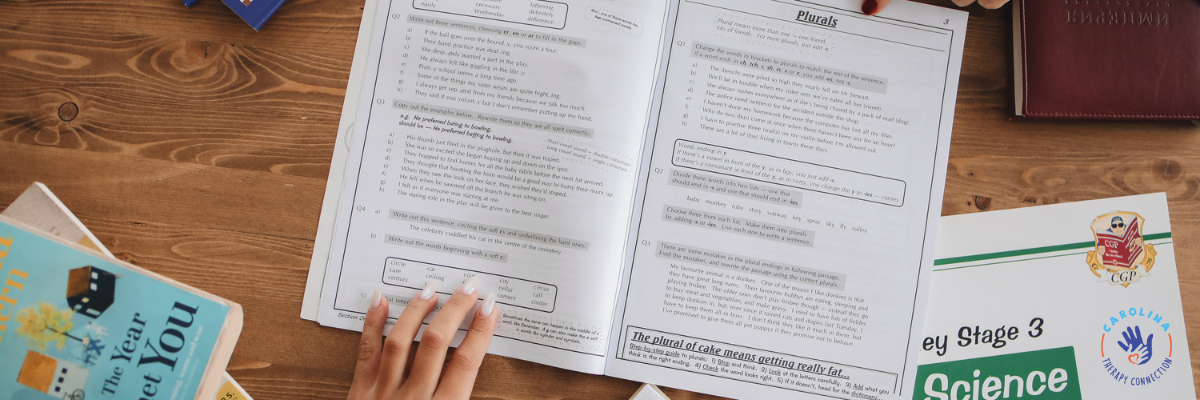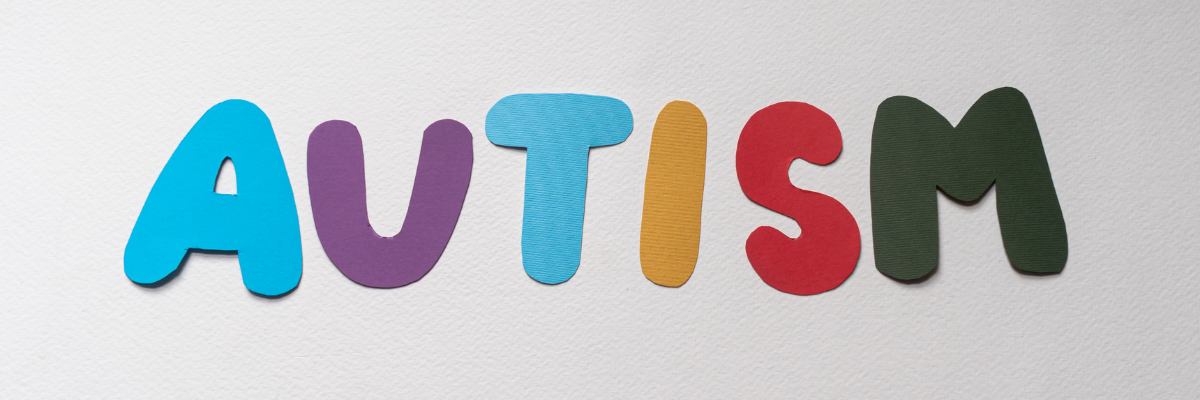How to Choose the Right Preschool for Your Child
Choosing the right preschool for your child can be a daunting decision. With so many options available, it’s crucial to find a program that not only aligns with your family’s needs but also provides the best environment for your child’s growth and development. Here’s a guide to help you make an informed decision:
1. Understand Your Child’s Needs
Before you start researching preschools, take a moment to reflect on your child’s personality, temperament, and developmental needs. Does your child thrive in a structured environment, or do they prefer more free play? Are they social and outgoing, or more reserved? Understanding your child’s unique qualities will help you identify a preschool that complements their learning style.
2. Consider the Type of Preschool Program
There are several types of preschool programs, each with a different approach to learning. Some standard options include:
- Montessori: Emphasizes hands-on learning through self-directed activities. Children are encouraged to explore at their own pace.
- Play-based: Centers on learning through play, helping children develop social, emotional, and cognitive skills in a relaxed environment.
- Academic-based: Focuses more on preparing children for formal schooling with structured lessons on reading, writing, and math.
- Reggio Emilia emphasizes creative expression, collaboration, and exploration, with children contributing to their learning environment.
Consider which type of program resonates with your child’s needs and your educational philosophy.
3. Location and Schedule
Think about the logistics of getting your child to preschool. Is the location convenient for your daily routine? Does the preschool offer flexible hours, or do they have set schedules that fit your work or family commitments? Proximity to home or work can significantly impact your ability to maintain a consistent routine.
4. Tour the Preschool
Once you’ve narrowed down your list, schedule visits to tour the preschools in person. This allows you to observe the environment, meet the staff, and ask essential questions. Some things to consider during your visit:
- Classroom setup: Is the space bright, clean, and welcoming? Are the learning materials age-appropriate?
- Teacher-to-student ratio: A low ratio enables more individualized attention and a more effective learning experience for each child.
- Staff qualifications: Are the teachers and staff well-trained in early childhood education? Do they have experience working with the age group they’re targeting?
- Safety: Are the classrooms secure and child-friendly? Are there safety protocols in place, including emergency procedures and a safe outdoor play area?
5. Ask About Curriculum and Learning Philosophy
Every preschool has its curriculum and approach to teaching. Some programs may follow a specific educational philosophy (like Montessori or Reggio Emilia), while others may have a more flexible or hybrid approach. Ask the school how they design their curriculum, what they focus on (e.g., social skills, language, motor skills), and how they assess children’s progress.
6. Consider Your Budget
Preschool tuition can vary significantly, so it’s essential to determine what you’re comfortable paying. Be sure to consider any additional costs, such as registration fees, supplies, field trips, and after-school programs. Some preschools may also offer financial assistance or sliding-scale fees, so don’t hesitate to inquire about these options.
7. Trust Your Instincts
Ultimately, trust your gut feeling about a preschool. Do you feel comfortable with the staff and the environment? Is the school a place where your child will feel happy, safe, and engaged? Your intuition as a parent is an essential tool when choosing the right preschool for your child.
Building Bright Futures Starts Here—Is Your Child Ready?
Ultimately, selecting the right preschool comes down to finding a place where your child will feel safe, supported, and inspired to grow. If you’re looking for a program that balances structured learning with creativity, prioritizes social-emotional development, and is led by certified, caring educators, our academy might be the perfect fit for your family.
-
A developmentally appropriate curriculum tailored to each child’s learning style
-
Small class sizes and low student-to-teacher ratios for individualized attention
-
A nurturing environment that encourages curiosity, confidence, and kindness
-
Collaboration with therapists and counselors for holistic support
-
Flexible enrollment options and a focus on family communication
We invite you to schedule a tour, meet our teachers, and see firsthand how our academy could be the right next step for your child’s early education journey.



